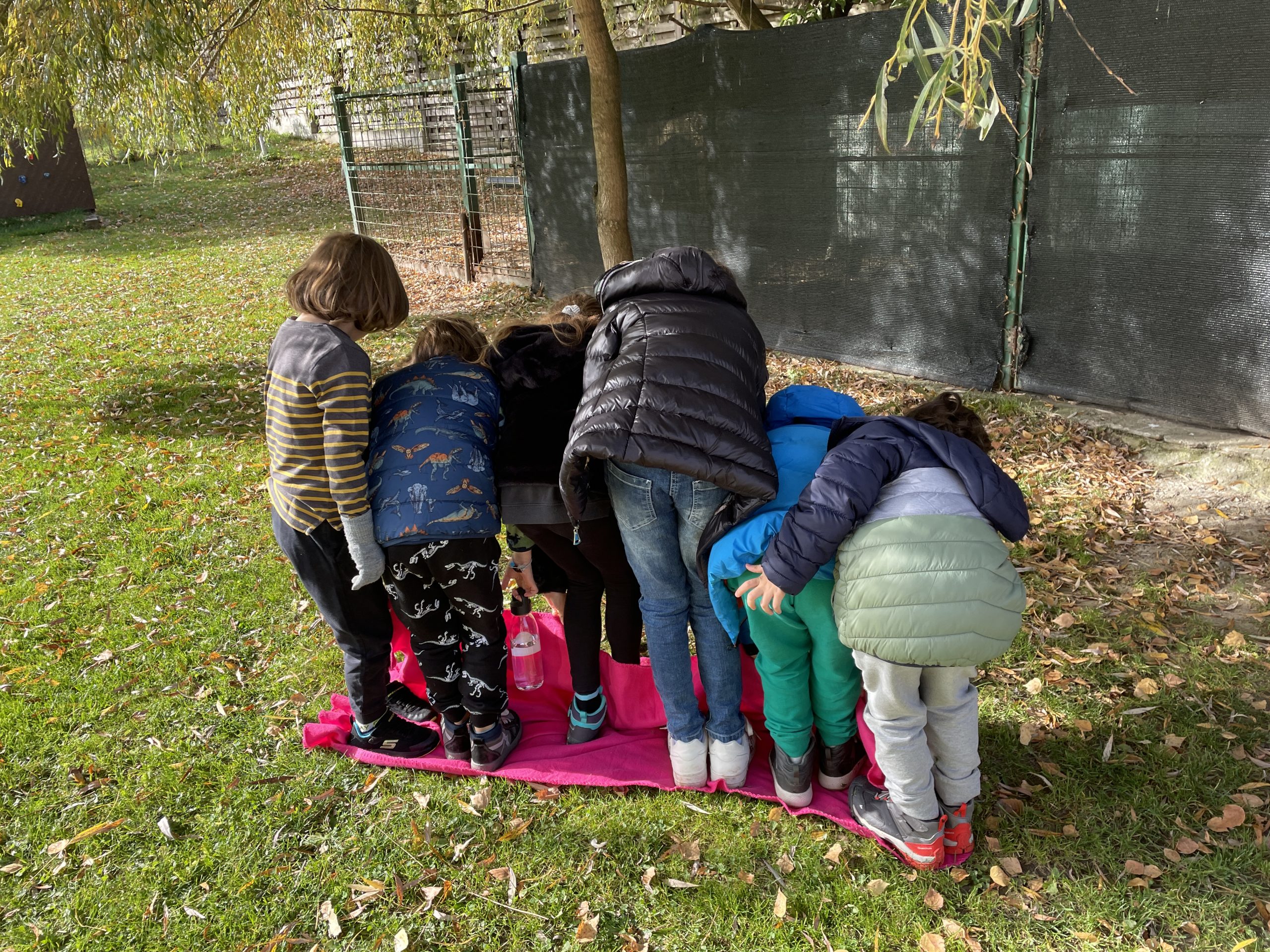
5 ways to teach kids that failure is a good thing
Failure is a necessary component of success and not the opposite. In fact, the human brain grows and develops in unexpected ways whenever it encounters various mistakes or failures.
Most kids fear failure, but it's a good step to growing and developing, and when they understand that, amazing things can happen for little ones (and parents).
Learn more about how to teach your little one about failure and its benefits.
Adopt a mindset that helps him grow
We already know that developing a growth mindset empowers children and also changes how they react to failure.
A recent study published in Developmental Cognitive Services found that after making a mistake, children with a growth mindset have a greater brain response than children with a fixed mindset. In addition, they were more likely to improve their performance.
Failure is inevitable, but by focusing on what went wrong and how they can fix it, children with a growth mindset are able to turn failures into positive learning experiences.
Let the little one fail
Even the little ones are faced with experiencing failure, and this is hard for adults to accept. In fact, many parents equate good parenting with preventing their children from struggling when they grow up.
Experts say that challenging experiences are the only way to develop certain coping and problem-solving skills. If the little ones are protected from adversity, they don't evolve. It is advisable to allow your child to fail in order to learn how to react the next time they make a mistake or how to avoid another failure.
In order to face their own fears of letting their children fail, parents can ask themselves, “Are the consequences of the mistake permanent or life-threatening? "What will he learn from this situation if I don't get involved?"
Accept (and celebrate) failure
Failure is a great teacher, so why not celebrate with your child every time it happens, knowing that it may actually be a new opportunity for growth?
Here are some ways you can celebrate mistakes with your little one:
– Give him a chance to brag about his mistakes and what he learned from them.
– Designate one day a week to read about a famous person who failed before becoming successful.
– Each day, identify together a mistake he made, perhaps one that highlights an important concept, and discuss what was good and what would have been the right reaction/thinking.
– Discuss the definition of failure as the first attempt at learning or the first attempt at an experiment.
When children recognize failure as just a milestone on the road to success, it becomes something to be cherished and not something to be feared.
Develop the concept of learning from mistakes
Failure is as valuable as it is inevitable. So rather than trying your best to protect your little one from the disappointment of failure, let them make mistakes to help them grow. Questions like "What did you learn from this?" or "What would you do differently next time?" they will shift the focus to the positive aspects of the failure.
Talk to your little one about lessons learned from failures, such as knowing how to solve a problem or feel compassion for others.
To make mistakes is human, and your child needs to feel that he is human and to know that he can learn from his mistakes. All you can do as a parent in this situation is to be with your little one when he "falls".
Teach your child about mindful approach
Failure can be overwhelming at times, but how do you get your little one to accept what they're feeling (emotions like sadness or anger) and stay confident in their abilities, not just react?
Created by Michelle McDonald, the RAIN technique is a simple way for little ones to notice and accept their feelings. Here are the four steps:
R (Recognize) - recognition of feelings ("How do I feel?" - "I'm upset because I failed the math test, I want to cry.")
A (Allow) – accepting the feelings of the present moment (“I can feel these feelings now, even if I don't like the situation.” – “I'm angry and I feel like crying. It's uncomfortable, but it's okay now.”)
I (Investigate) - investigating with kindness ("Why do I feel this way?" - "I've noticed that I'm a little disappointed in myself, not just angry. Why? Maybe because I could have learned more?")
N (Non-Identification) – non-Identification (“I have a thought or an emotion, but that thought or that emotion does not define me.” – “I may have feelings of anger and disappointment, but these feelings do not define me, I just feel them in the moment.”)
If your child has recently experienced a setback, ask him if he wants to follow the four steps of the RAIN strategy, which he can model according to the experiences he went through.
Tag:failure
